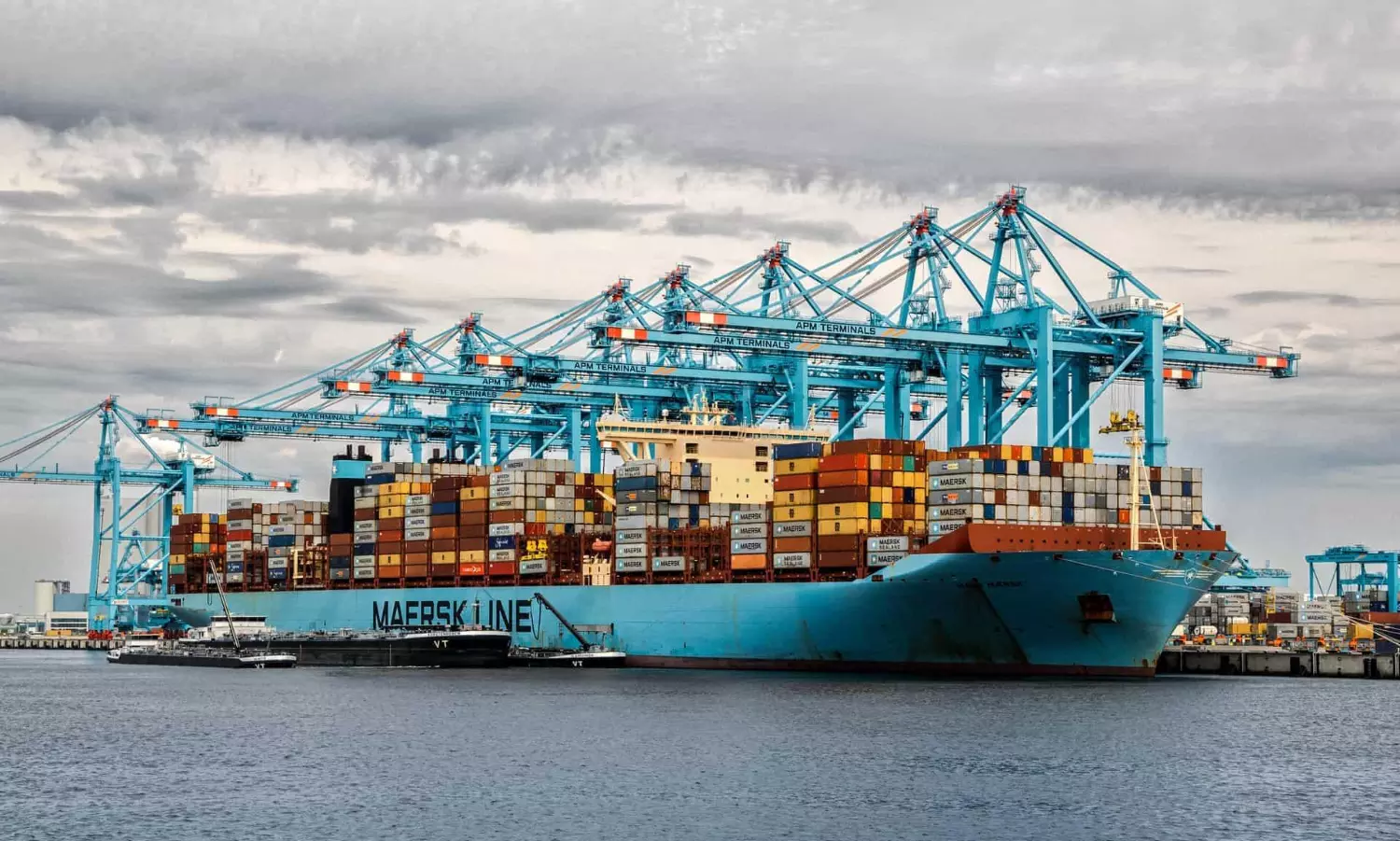Maersk most reliable carrier in July
Global schedule reliability dropped by -2.1 percentage points M/M to 52.1 percent in July.

Global schedule reliability dropped by -2.1 percentage points M/M to 52.1 percent in July.
"Schedule reliability in July is almost at the same level as it was at the start of the year, and is keeping in line with the trends seen so far in 2024 with reliability largely within 50-55 percent," says Alan Murphy, CEO, Sea-Intelligence. On a Y/Y level, schedule reliability in July 2024 was -12 percentage points lower. (Fig 1).
The average delay for late vessel arrivals improved marginally, decreasing by -0.02 days M/M to 5.24 days (Fig 2). The figure was only surpassed by the pandemic highs of 2021-2022. On a Y/Y level, the July 2024 figure was 0.63 days higher, the update added.
Maersk most reliable
Maersk was the most reliable top-13 carrier in July with schedule reliability of 54.6 percent. (Fig 3).
There were three other carriers above the 50 percent mark with the remaining nine carriers in the 40-50 percent range.
Wan Hai was the least reliable carrier with reliability of 41.3 percent, the update added.
Only ZIM and MSC were able to record a M/M improvement in schedule reliability while Wan Hai recorded the largest and only double-digit decline of -11.6 percentage points.
On a Y/Y level, none of the carriers recorded an increase in schedule reliability. Yang Ming recorded the smallest decline of -5.2 percentage points and Wan Hai recorded the largest decline of -27.4 percentage points, the update added.


